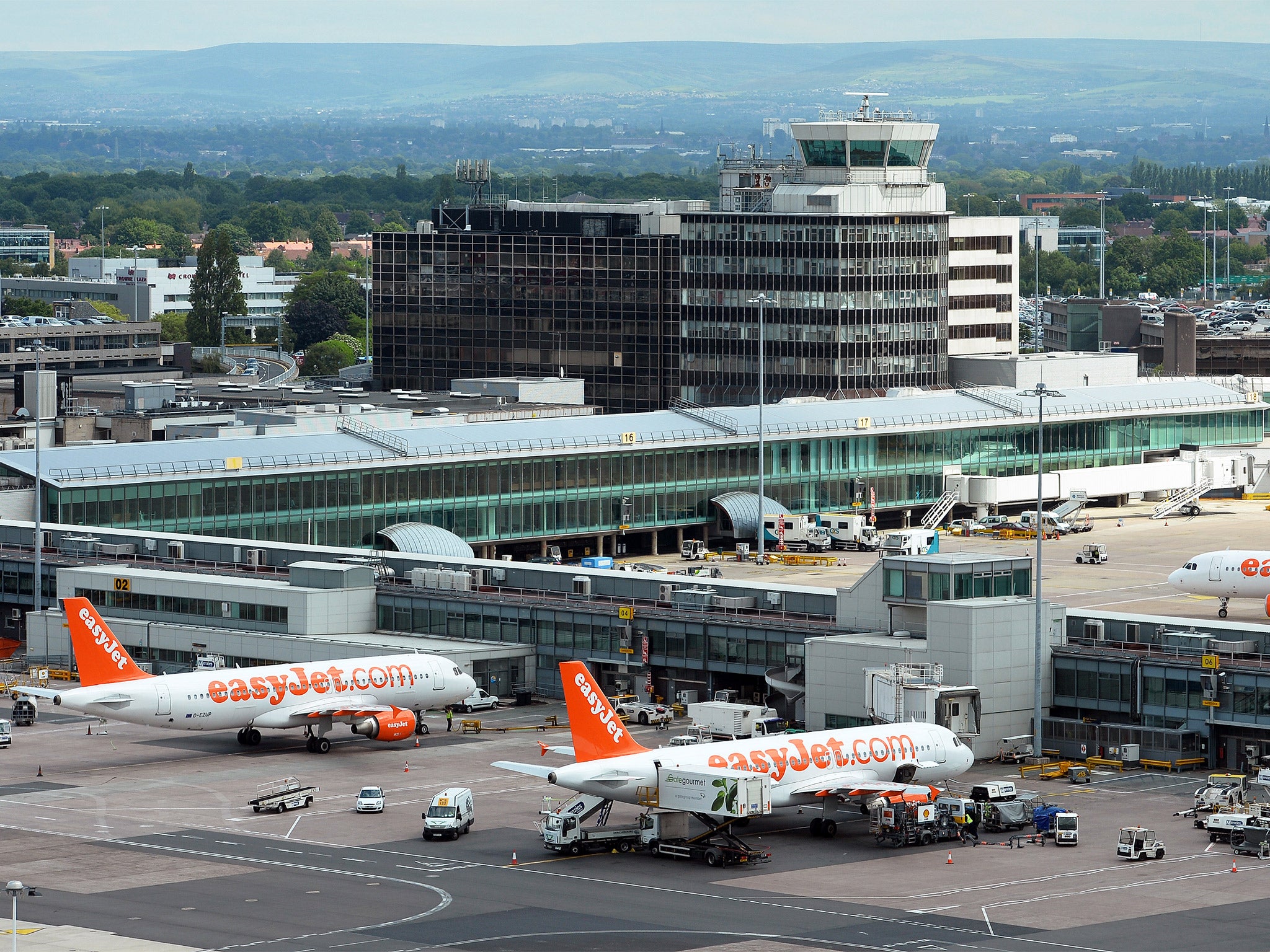Transport for the North: Why the north of England needs its own transport authority
Think tank sets out proposals for unified authority to improve regional links

The North of England is in desperate need of a transport revolution to modernise its creaking road and rail network, George Osborne will be warned today.
An influential think-tank has called for the creation of Transport for the North (TfN), which would be modelled on Transport for London, to take responsibility for travel in the North West, Yorkshire and the Humber and the North East.
IPPR North is protesting that the area suffers from disproportionately low levels of investment in transport compared with London and similar city-regions in Europe, and argues that the North would receive a significant economic boost if it received a similar devolution of power over transport to that enjoyed by Scotland and London.
The think-tank pointed to figures suggesting £3,095 per head will be spent this year on transport infrastructure in the capital, compared with £460 in the North West, £395 in Yorkshire and Humber and £263 in the North East.
As a first step, it urged the Chancellor to use his Budget on 18 March to back proposals from five cities to build a 125mph trans-Pennine rail link, improve the connection to Newcastle and upgrade the access to Manchester Airport.
The plans, which have been developed by Leeds, Liverpool, Manchester, Newcastle and Sheffield, would cost around £15bn over five years.
IPPR said TfN should take charge of moves to develop a completely integrated system allowing people to travel across the North on a single ticket using mobile phones and contactless payments.
The new body would be accountable to local authorities in the area and be responsible for rail, road, sea and air transport. It would also decide priorities for infrastructure investment and manage rail franchises, rolling stock and stations.
In his Autumn Statement last year, Mr Osborne stressed the Government’s commitment to creating a northern powerhouse, and said plans for the High Speed 3 rail link between Manchester and Leeds should be drawn up by this month.
Ed Cox, the director of IPPR North, said: “Northern transport infrastructure is dated, poorly integrated and lacking the large-scale investment it needs, but Transport for the North could be at the vanguard of a coherent economic plan that will fire up the Northern Powerhouse. Devolving transport powers and budget to the North will help transform the region’s growth prospects and rebalance the economy. What we now need to see is the warm words on Northern growth translated into firm commitments to make this vision for a modern transport network a reality. An initial investment is needed, but this is about the North shaping its destiny through devolution of powers.”
The mileage from Manchester to Leeds is less than the distance between the ends of London Underground’s Central Line, yet it takes twice as long to travel between two of England’s largest cities than it does to ride the length of the tube line. The cost of the journey is twice as high and it is impossible to buy a single ticket covering rail and bus travel between Leeds and Manchester.
It is not surprising that the number of commuters who use public transport between the cities is a fraction of the daily travellers on the Central Line.
George Osborne, a Cheshire MP, told the Spectator this week: “These places – Liverpool, Manchester, Leeds, Hull — are not particularly far apart. But their transport links are pretty terrible.”
Many commuters in the North still have to endure the discomfort of sitting in 30-year-old “Pacer” trains and plans are being drawn up to run refurbished Tube trains on rail lines across the North.
Join our commenting forum
Join thought-provoking conversations, follow other Independent readers and see their replies
Comments
Bookmark popover
Removed from bookmarks